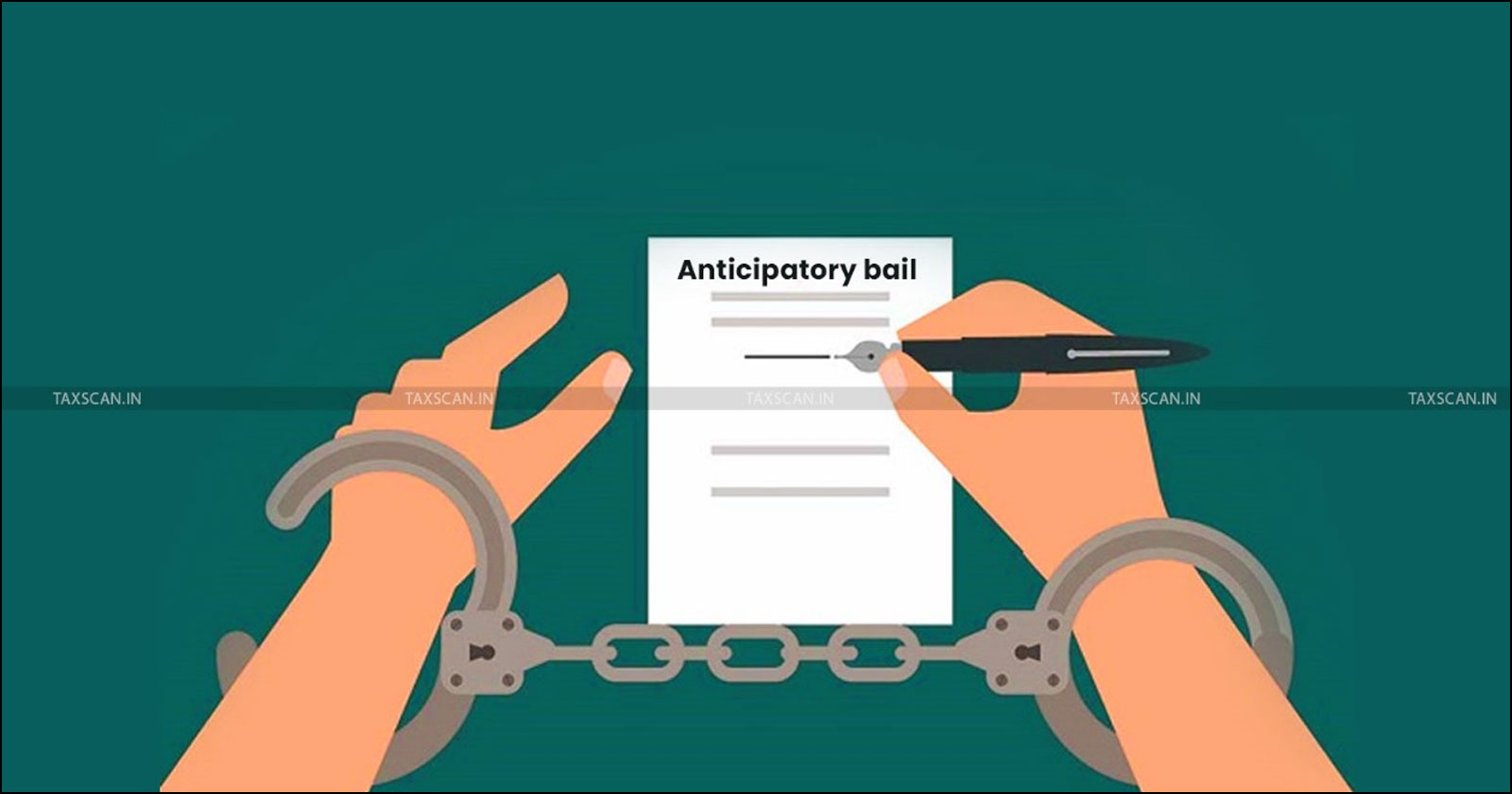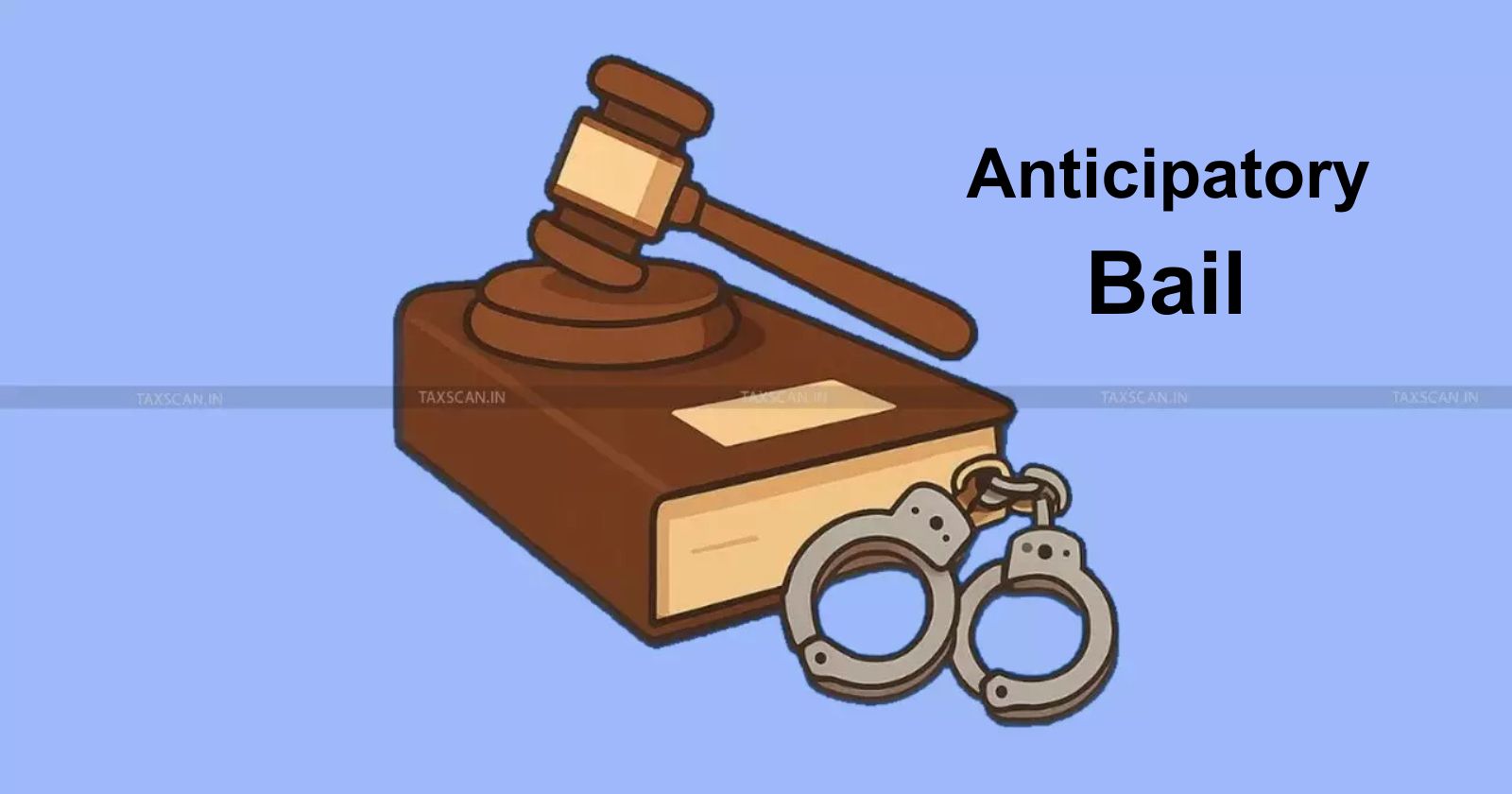Bombay HC Grants Anticipatory Bail to Walnut Importers in ₹44 Crore Customs Evasion Case: Notes Willingness to Deposit ₹5 Crore [Read Order]
Bombay HC granted anticipatory bail to walnut importers accused of ₹44 crore customs evasion, noting documentary nature of evidence, restored compounding application, and their willingness to deposit ₹5 crore.
![Bombay HC Grants Anticipatory Bail to Walnut Importers in ₹44 Crore Customs Evasion Case: Notes Willingness to Deposit ₹5 Crore [Read Order] Bombay HC Grants Anticipatory Bail to Walnut Importers in ₹44 Crore Customs Evasion Case: Notes Willingness to Deposit ₹5 Crore [Read Order]](https://images.taxscan.in/h-upload/2025/11/13/2104758-anticipatory-bail-taxscan.webp)
The Bombay High Court heard Anticipatory Bail Application No. 1808 of 2025 filed by Dipakkumar Dharamsinhbhai Kakadiya, Kakadiya Brijeshkumar Vinodbhai, and Kakadia Savitaben Dharamshi, who apprehended arrest in connection with an ongoing investigation initiated by the Directorate of Revenue Intelligence (DRI) under Sections 132 and 135 of the Customs Act, 1962.
The case involved allegations of misdeclaration and undervaluation in the import of Inshell Walnuts, classified as freely importable goods, routed through Nhava-Sheva Port.
According to the DRI, the applicants had deliberately undervalued the imported goods by submitting manipulated and fabricated invoices issued by Dubai-based entities to suppress the true transaction value and evade customs duties. The alleged evasion was estimated at approximately ₹44 crores.
 Also Read:Anticipatory Bail Maintainable for CGST Offences: Delhi HC Allows Petitioner to Seek Relief u/s 438 of CrPC [Read Order]
Also Read:Anticipatory Bail Maintainable for CGST Offences: Delhi HC Allows Petitioner to Seek Relief u/s 438 of CrPC [Read Order]
Get a Handbook on TDS Including TCS as Amended up to Finance Act 2024, Click Here
The DRI further alleged that the co-accused, Sneh Deepakbhai Kakadiya, son of one of the accused, had personally signed the manipulated invoices in his capacity as an authorised representative of the Dubai based firm. The actual invoices were issued by a Chile based supplier,which was recovered from his email account, revealing a significant discrepancy and deliberate under-invoicing.
The search and seizure operations were conducted in February 2025, following which Sneh Deepakbhai Kakadiya was arrested and later released on bail. The DRI opposed the present anticipatory bail plea, raising preliminary objections on maintainability and contending that the applicants had failed to respond to summonses.
The department also expressed apprehension that the applicants might abscond, tamper with evidence, or influence witnesses. The applicants argued that the allegations related to documentary evidence already in possession of the department and that the case was fully covered under the compounding provisions of Section 137(3) of the Customs Act, 1962.
The applicants also contended that they had filed a joint compounding application dated 1 July 2025, expressing willingness to pay the compounding fee, customs duty, interest, and penalty. The application, which had been rejected ex parte by the Compounding Authority as premature, was subsequently restored by the Customs, Excise and Service Tax Appellate Tribunal (CESTAT) upon appeal.
The applicants further submitted that, given the documentary nature of the allegations and the conclusion of search and seizure operations, custodial interrogation was unwarranted.
Understanding Common Mode of Tax Evasion with Practical Scenarios, Click Here
The single bench comprising Justice R.N. Laddha observed that the offences alleged were compoundable, that the applicants had demonstrated bona fide intention by filing the compounding application and undertaking to comply with statutory requirements, and that they had no prior criminal record.
 Also Read:Rs.41.91 crores Investor Fraud: Telangana HC grants Anticipatory Bail to Accused considering No Direct Financial Dealings [Read Order]
Also Read:Rs.41.91 crores Investor Fraud: Telangana HC grants Anticipatory Bail to Accused considering No Direct Financial Dealings [Read Order]
The High Court noted that the case rested predominantly on documents, which were already seized and available with the investigating agency, and that the applicants’ offer to jointly deposit ₹5 crores towards the alleged liability reflected a willingness to cooperate.
Accordingly, the court granted anticipatory bail to all three applicants subject to conditions including the execution of a personal bond of ₹25,000 each with sureties, cooperation with the investigation, appearance before the DRI as required, a joint deposit of ₹5 crore within one week, and an undertaking not to tamper with evidence or influence witnesses.
Support our journalism by subscribing to Taxscanpremium. Follow us on Telegram for quick updates


